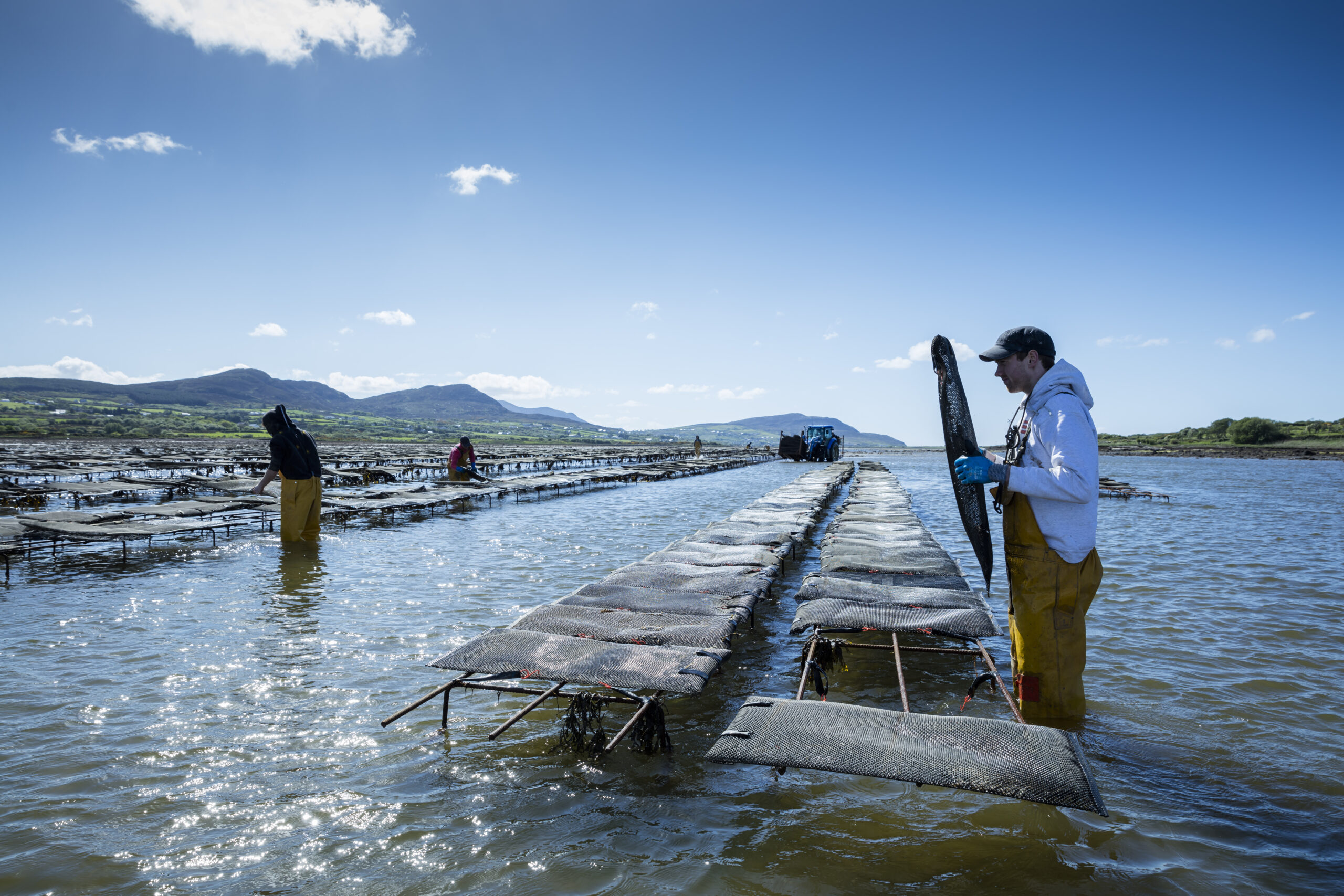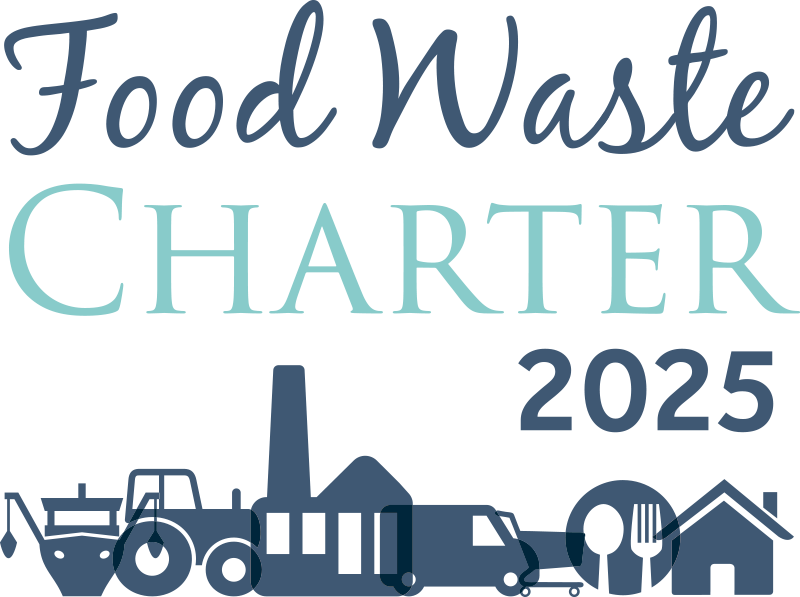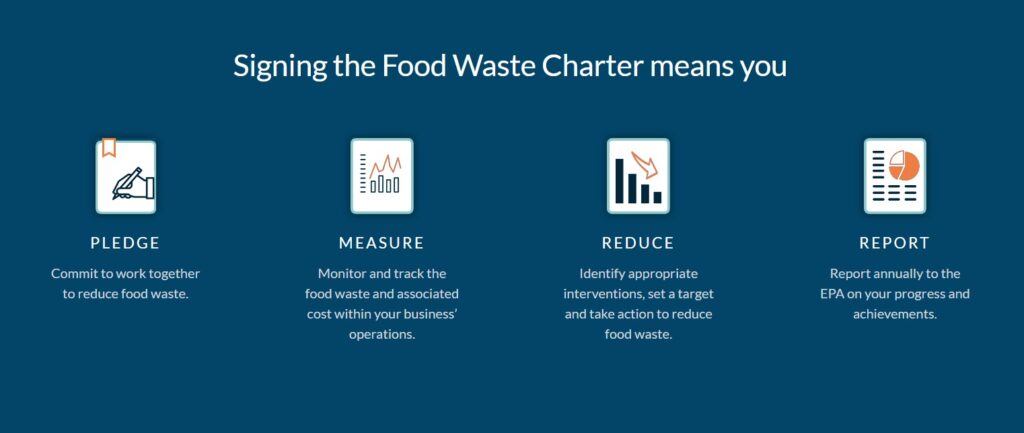


The Food Waste Charter, led by the EPA and part of the Circular Economy Programme; The driving force for Ireland’s move to a circular economy, is a pledge from industry to take action to reduce food waste. Ireland has committed to halving food waste by 2030 under the UN Sustainable Development Goal 12.3. Driving food waste reduction across the food value chain will require food sector businesses to commit to measuring and reporting food waste in a standardised manner which will be collectively support Ireland’s EU reporting requirements.
Businesses signing up to the Food Waste Charter voluntarily commit to monitor their food waste, set targets to reduce it and to report annually on their progress.
While the term “Food Waste” is not one that is widely used within the seafood sector, the Charter is still relevant to Seafood Businesses. Irish seafood covers a wide range of species with differing capture / culture and processing methods. As a consequence, raw material arisings beyond the seafood product are variable and difficult to quantify. However, production and processing raw materials are largely managed on a circular basis, mainly through maximising yields of edible biomass, utilisation of co-products for food-first applications and conversion of side-streams to fishmeal and oil. There are established markets for most components of the raw material both Nationally and Internationally.

BIM have signed up for the Charter and continue to commit to working with industry to maximise the efficiency of seafood production while minimising environmental impact, and this extends to the areas of Food Waste.
Businesses can sign up to the Food Waste Charter here here.
Our Green Seafood Business Programme helps Irish seafood processors save money and reduce their impact on their environment, helping make seafood production even greener.
We’ve helped businesses across the seafood sector save money and improve their local environmental imprint through reduced energy, water consumption, and waste prevention management.
